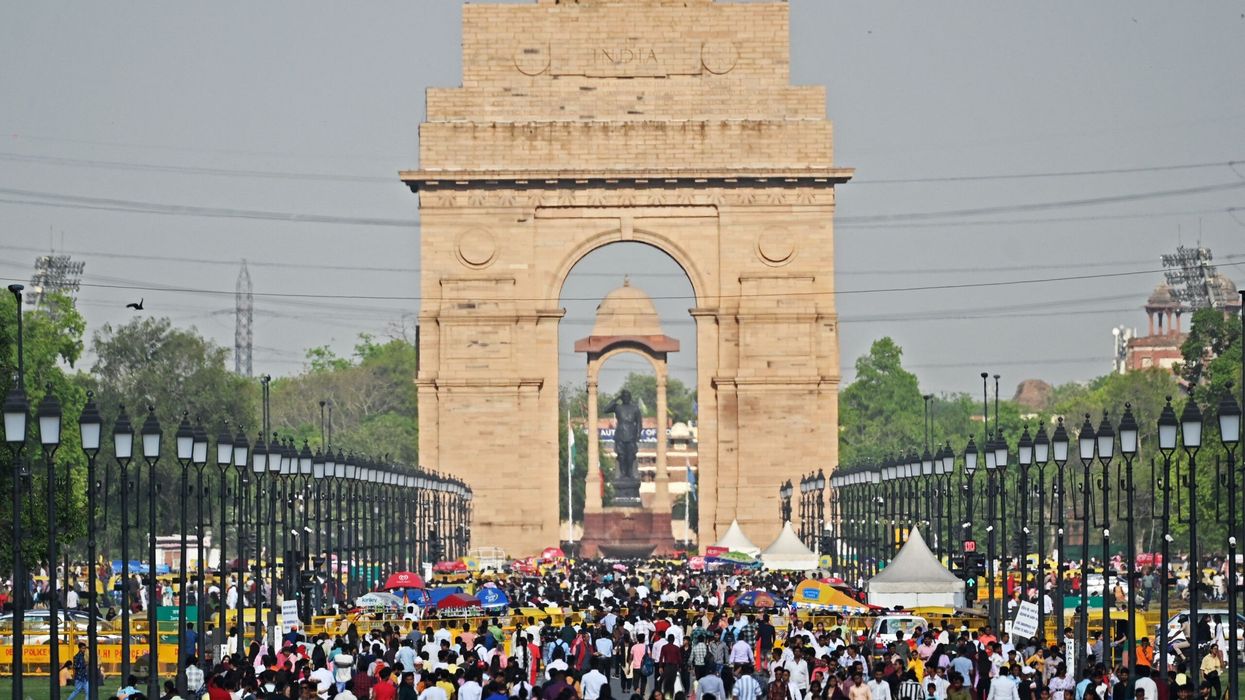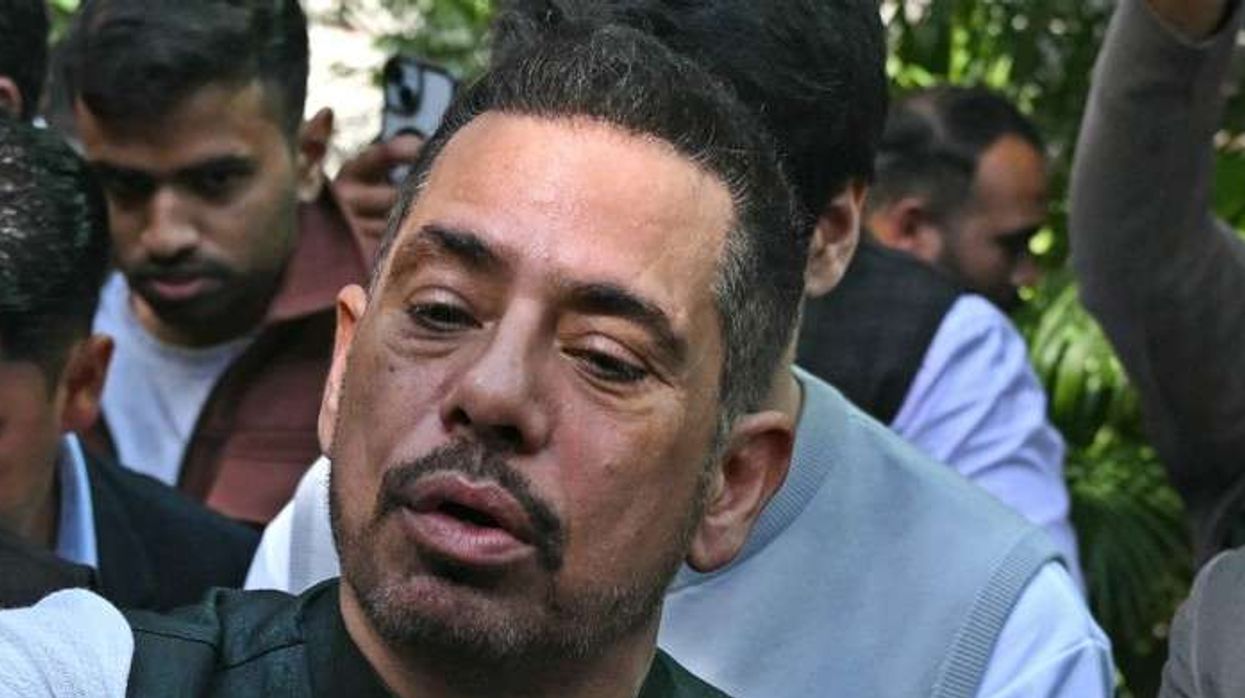India's population has reached an estimated 1.44 billion, with 24 per cent of individuals under the age of 14, according to the latest UNFPA report.
The United Nations Population Fund's (UNFPA) 2024 State of World Population report, titled "Interwoven Lives, Threads of Hope: Ending Inequalities in Sexual and Reproductive Health and Rights," suggests India's population could double in 77 years.
Currently, India surpasses China, which has a population of 1.425 billion, positioning India as the most populous nation globally. The figure has significantly increased from the 1.21 billion recorded in the last 2011 census.
The report breaks down further demographics, indicating that 17 per cent of India’s population is aged between 10 and 19 years, and 26 per cent are between 10 and 24 years old. The major demographic, 68 per cent, falls within the 15-64 age group, while 7 per cent are aged 65 years and above. The life expectancy for Indian men is 71 years and for women 74 years.
The UNFPA report also highlights a 30-year trend where progress in sexual and reproductive health has often overlooked the most marginalised communities. It notes, "India's success is often attributed to improved access to affordable, quality maternal health services as well as efforts to address the impact of gender discrimination on health outcomes."
Despite reductions in maternal deaths, which now represent 8 percent of the global total, disparities in the risk of maternal death remain stark. Citing the "Estimates and Correlates of District-Level Maternal Mortality Ratio in India" study by PLOS Global Public Health, the report reveals wide variances across India’s 640 districts. While nearly a third have achieved a maternal mortality ratio below 70 per 100,000 live births, 114 districts have ratios exceeding 210, with the highest at 1,671 in Tirap district of Arunachal Pradesh.
The report further mentions, "Women with disabilities are up to 10 times more likely to experience gender-based violence than their peers without disabilities." It also highlights that improvements in healthcare access have mostly benefited wealthier women and those in ethnic groups with better prior access.
Addressing the broader issues impacting vulnerable groups, the report states, "Women and girls with disabilities, migrants and refugees, ethnic minorities, LGBTQIA+ people, people living with HIV, and disadvantaged castes all face greater sexual and reproductive health risks and also unequal access to sexual and reproductive health care."
Dr Natalia Kanem, UNFPA Executive Director, stressed the urgency of the situation: "Despite this progress, inequalities within our societies and health systems are widening, and we have not adequately prioritised reaching those furthest behind. Our work is incomplete but not impossible with sustained investment and global solidarity."
(PTI)














